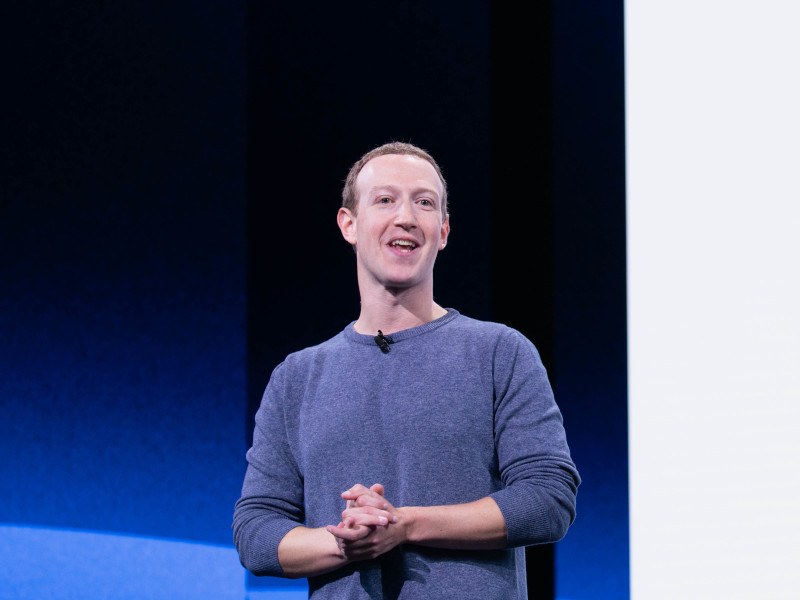
Zuckerberg said Meta is growing its main research teams to focus on AI, but claimed the metaverse remains a major part of the company’s vision.
Meta’s focus on the metaverse appears to have been shadowed by a new focus on artificial intelligence, according to a post by CEO Mark Zuckerberg.
In a post on the Instagram-linked app Threads, Zuckerberg announced that the company’s long term vision is to build “general intelligence, open source it responsibly and make it widely available”.
The CEO said Meta’s two main research groups – FAIR and GenAI – are being expanded and brought closer together to accelerate this goal. Zuckerberg also said the company is building a “massive amount of infrastructure”, with plans to have roughly 350,000 Nvidia H100s and – overall – roughly 600,000 H100 equivalent of compute power “if you include other GPUs.
Meta – formerly known as Facebook – changed its name in 2021 when it committed itself to the metaverse, which Zuckerberg previously called “the successor to the mobile internet”.
But the company’s commitments to this metaverse vision have been costly, with Reality Labs – the division handling Meta’s VR operations and metaverse ambitions – losing billions in multiple quarters.
Based on previous quarterly reports, CNBC claimed that Reality Labs reported a total loss of more than $37bn between the fourth quarter of 2020 and the third quarter of 2023.
Despite the apparent focus change to AI – a sector that has been booming since the launch of ChatGPT towards the end of 2022, Zuckerberg claims the two ambitions are interlinked for the company.
“The two major parts of our vision – AI and the metaverse – are connected,” Zuckerberg said. “By the end of the decade, I think lots of people will talk to AIs frequently throughout the day using smart glasses like what we’re building with Ray Ban Meta.”
Meta revealed various AI models last year, such as one that can allegedly perceive the world as humans can. The company has also focused a lot on AI translation tools.
But some of the company’s AI endeavours have not been as fruitful. Galactica, the company’s science-focused AI model, was taken down in 2022 after being available to the public for only three days.
Members of the scientific community were critical of the demo product, as some testers said it produced biased content that looked real but was essentially “pseudo-science”.
10 things you need to know direct to your inbox every weekday. Sign up for the Daily Brief, Silicon Republic’s digest of essential sci-tech news.
Meta CEO Mark Zuckerberg in 2019. Image: Anthony Quintano via Flickr (CC BY 2.0)

